Insulated Concrete Forms (ICF)
by Bruce Arant, Editorial Director for The Garlinghouse Company
I’ve lived in “Tornado Alley” all of my life. That being the case, wailing tornado sirens, along with the chirping of birds and the buzzing of bees, have become just another familiar sound of springtime (although, not quite as calming). At 2:30 am, on the night before last, I awoke to blaring sirens and spent the next hour in my basement, watching excited weather reporters pointing to abstract blotches of red, orange, yellow and green on the radar maps behind them. A tornado did, in fact, touch down a few miles away, but thankfully no one was seriously hurt and property damage – although significant – was limited to a relatively small area. Personally, my only loss was a decent night’s sleep.
Watching the news reports yesterday morning, I wondered how the damaged homes might have fared, had they been constructed with insulated concrete forms. ICF technology has been around for a number of years now and manufacturers have continued to develop and improve this alternative building system. Among the many positive attributes of an ICF-constructed home, is its ability to withstand the pummeling of very high winds and consequential air-born debris. Damage, of course, can still be inflicted upon siding, shingles, windows, etc., but the home’s concrete-filled walls provide a safer haven than that of a typical wood framed home. Other benefits of ICF construction include remarkable energy efficiency and noise reduction – and termites don’t even waste their time. You can learn much more about Insulated Concrete Forms at www.nahb.org/buildingsystems and www.pathnet.org/homeowners.
If you’re planning to build a home – especially if you live in a tornado or hurricane-prone area of the country – you should seriously think about utilizing ICF construction. Most home floor plans can be easily adapted, and considering the fact that violent storms seem to be firing up with increased frequency and severity, it might be the most important decision you’ll make regarding your new home – and the safety of your family.

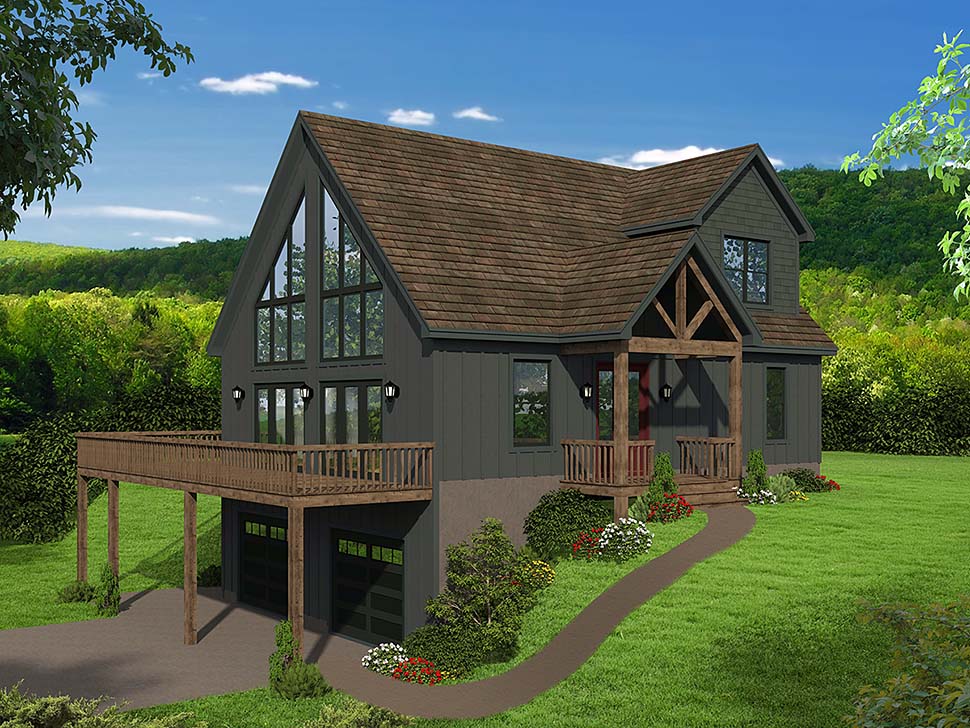
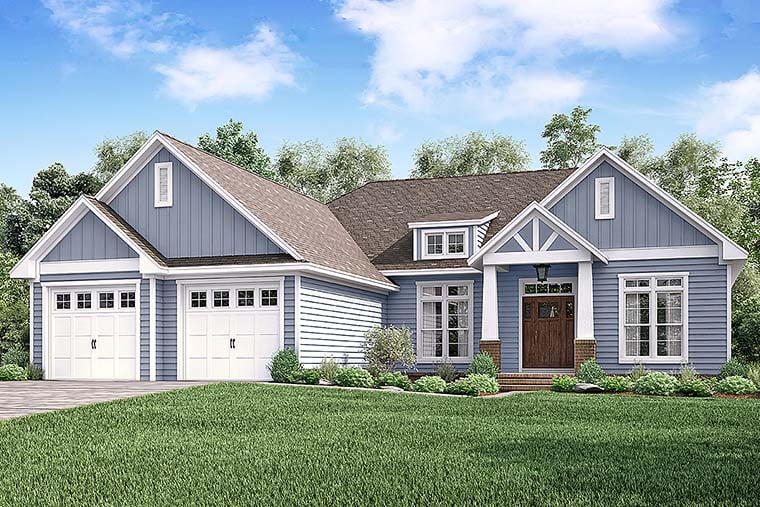
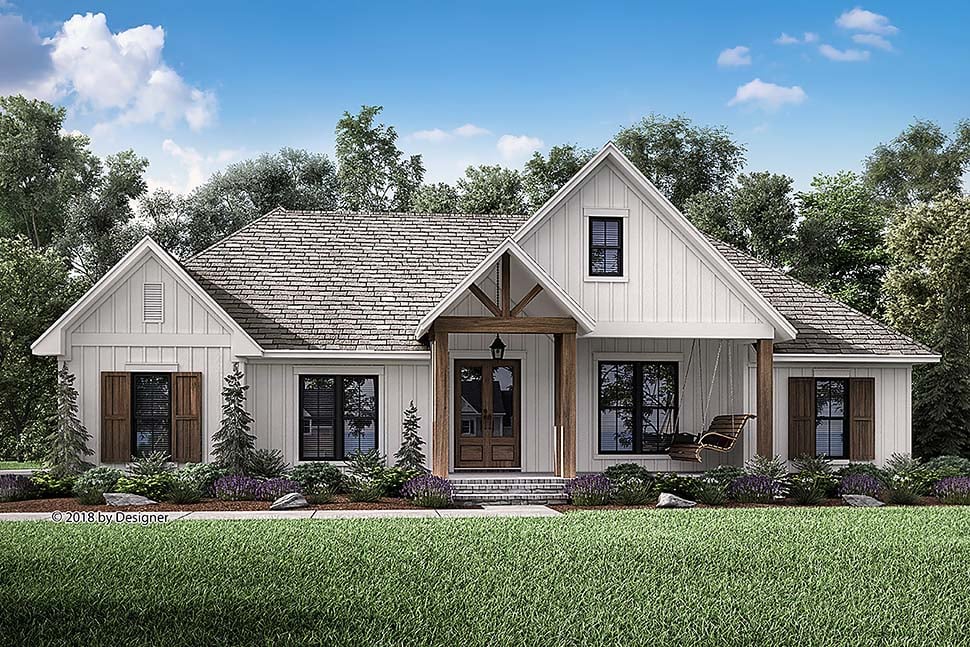
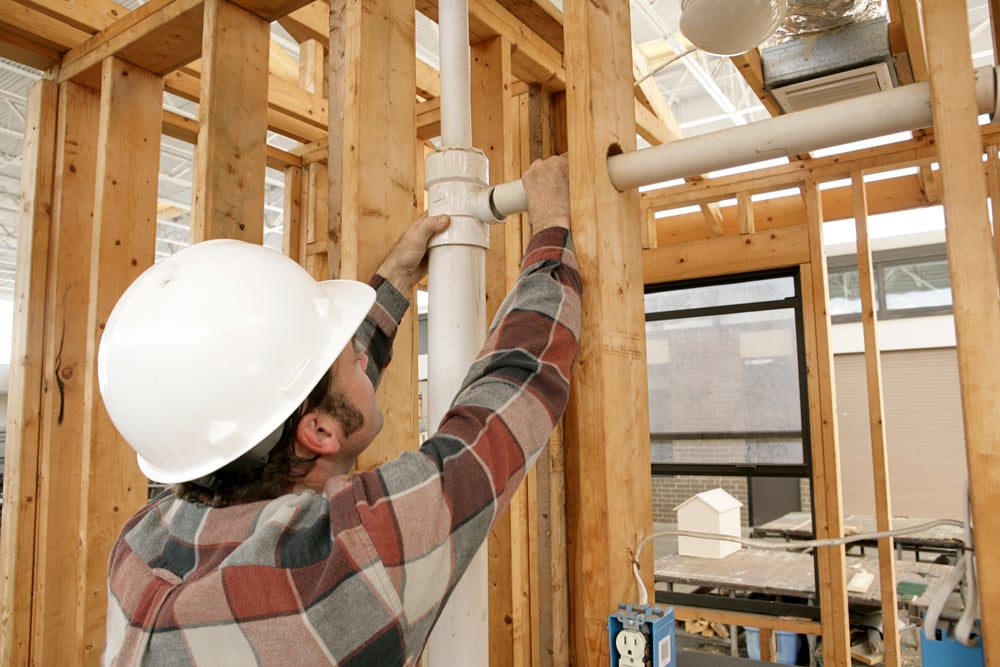
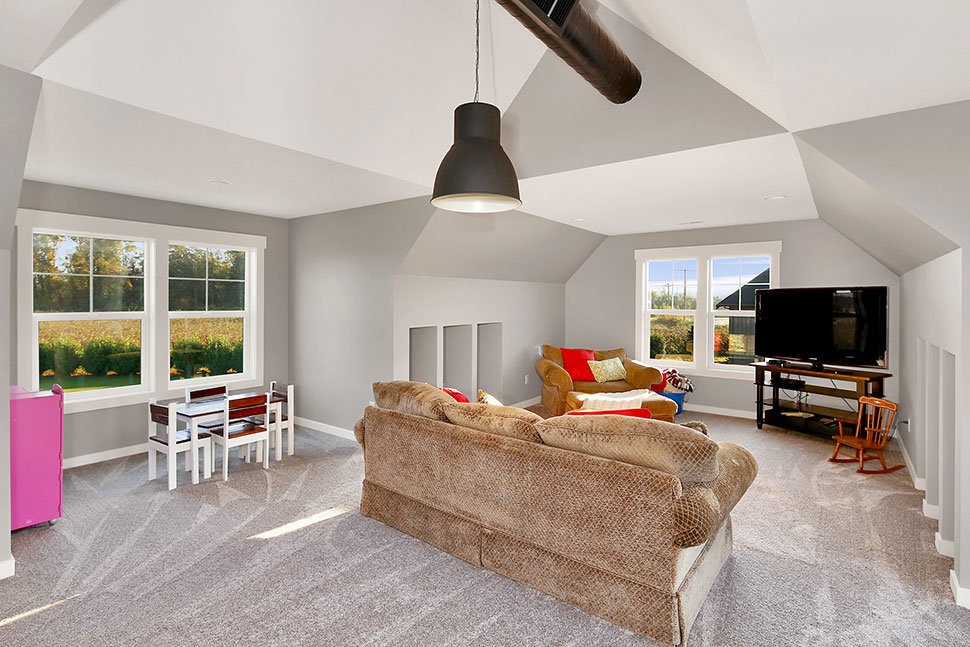


Leave a Reply